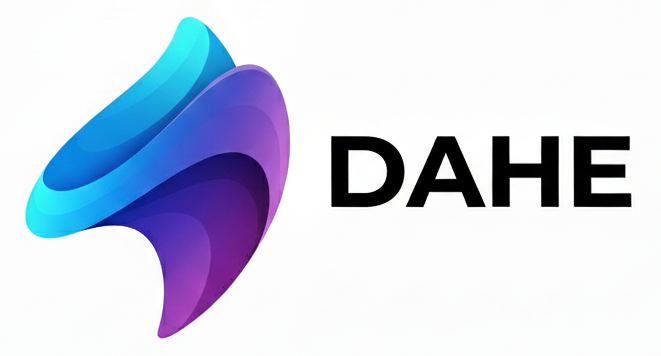[ad_1]
The Real Cost of Ransomware: How These Attacks Can Damage Your Finances and Reputation
Ransomware attacks are a growing threat to businesses of all sizes. These attacks involve malicious software that encrypts a victim’s files and demands a ransom payment in exchange for the decryption key. The costs of ransomware attacks go beyond the ransom payments, however, and can have long-lasting effects on a company’s finances and reputation.
Financial Costs of Ransomware Attacks
Ransom payments are the most obvious cost of a ransomware attack. These payments can range from a few thousand dollars to tens of millions for larger companies. In addition to the ransom itself, companies may also face costs associated with:
• Recovery and restoration of data – companies may need to hire data recovery experts or purchase software to restore corrupted files.
• Downtime – during the recovery process, businesses may need to temporarily shut down operations, causing lost productivity and revenue.
• Legal and regulatory fees – companies may face fines or penalties for data breaches and may need to invest in legal counsel to navigate these issues.
• Increased cybersecurity measures – companies may need to invest in new security technologies and employee training to prevent future attacks.
Reputational Costs of Ransomware Attacks
The impact of a ransomware attack on a company’s reputation can be significant and long-lasting. Companies that fall victim to ransomware attacks may experience:
• Loss of trust – customers may lose confidence in a company’s ability to protect their personal and financial data.
• Brand damage – a company’s reputation can suffer as news of the attack spreads, potentially leading to lost business.
• Poor media coverage – ransomware attacks often attract media attention, which can be negative and exacerbate reputational damage.
• Legal challenges – companies may face lawsuits from customers or regulatory bodies as a result of a ransomware attack.
Protecting Against Ransomware Attacks
The best defense against ransomware attacks is to be well-prepared. Companies can take several steps to protect themselves, including:
• Regularly backing up data – backup systems can help companies quickly recover from a ransomware attack.
• Updating software and hardware – maintaining up-to-date software and hardware can reduce the risk of vulnerabilities that attackers can exploit.
• Training employees – educating employees on how to recognize and avoid phishing emails and other common attack methods can reduce the likelihood of a successful attack.
• Hiring a cybersecurity expert – a professional can help businesses identify vulnerabilities and take proactive steps to protect against attacks.
Conclusion
The costs of ransomware attacks go far beyond the ransom payments. Companies can suffer significant financial and reputational damage as a result of these attacks. It’s important for businesses to take proactive steps to protect themselves, including training employees and investing in cybersecurity measures. By doing so, companies can minimize their risk of falling victim to a ransomware attack and protect both their finances and reputation.
Ransomware attacks can cause significant and long-lasting damage to a company’s finances and reputation, beyond just the ransom payment. Recovery and restoration of data, downtime, legal and regulatory fees, and increased cybersecurity measures are all potential financial costs of a ransomware attack. Loss of trust, brand damage, poor media coverage, and legal challenges are reputational costs. Companies can protect themselves by regularly backing up data, updating software and hardware, training employees, and hiring a cybersecurity expert. Taking proactive steps can minimize the risk of falling victim to a ransomware attack and protect both finances and reputation.
#Real #Cost #Ransomware #Attacks #Damage #Finances #Reputation
[ad_2]





Leave a Reply